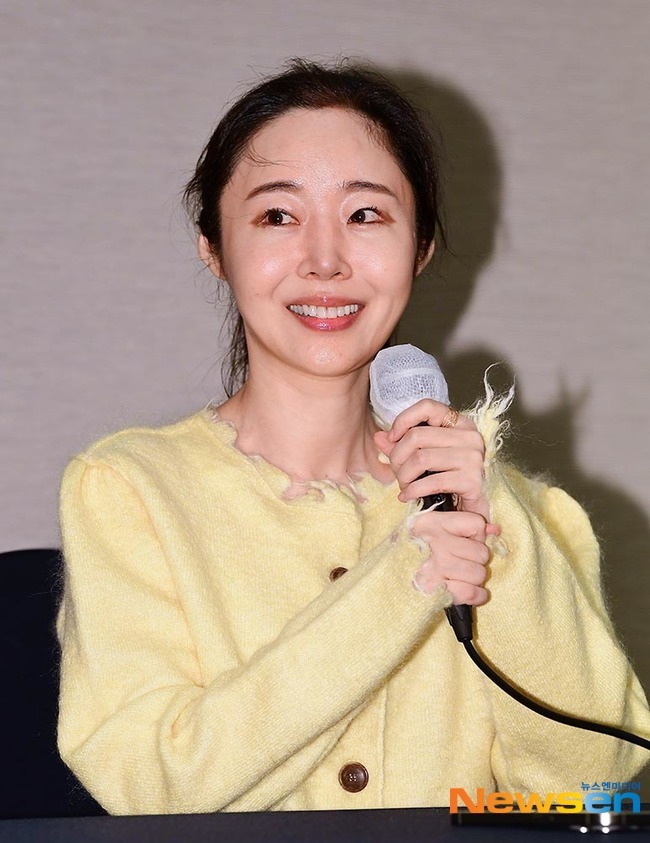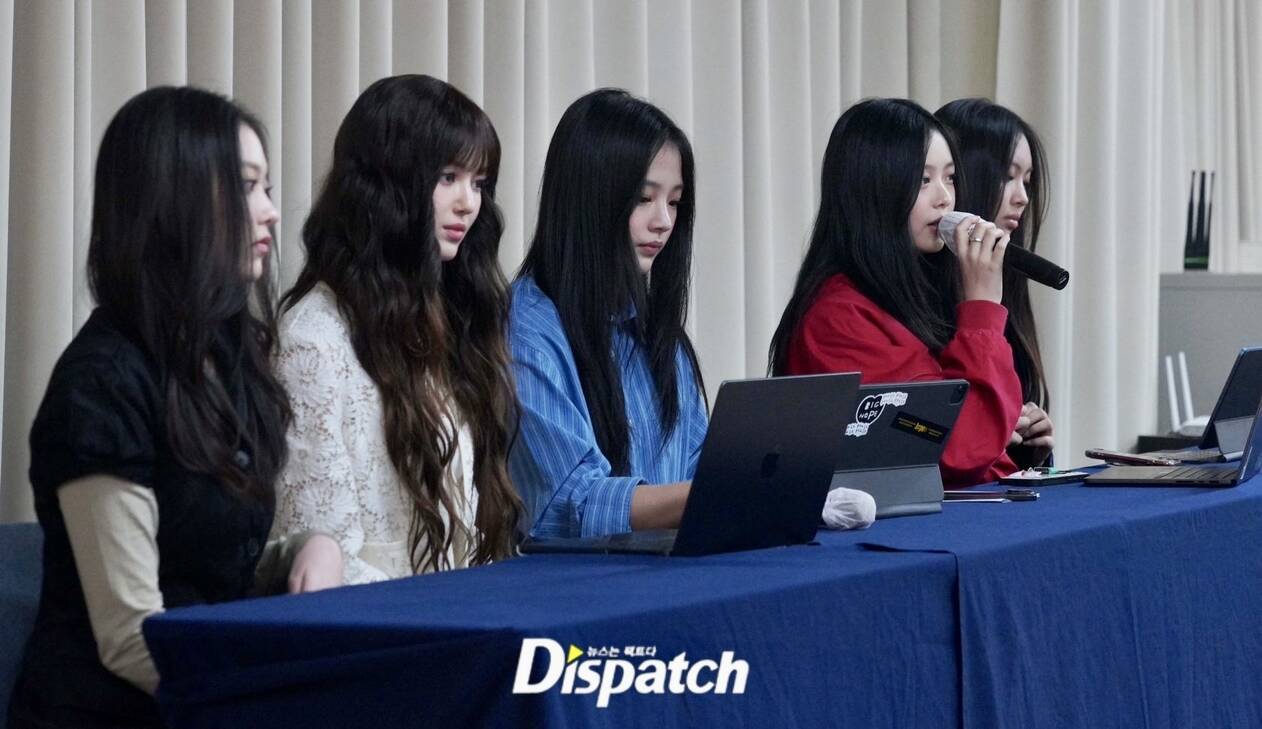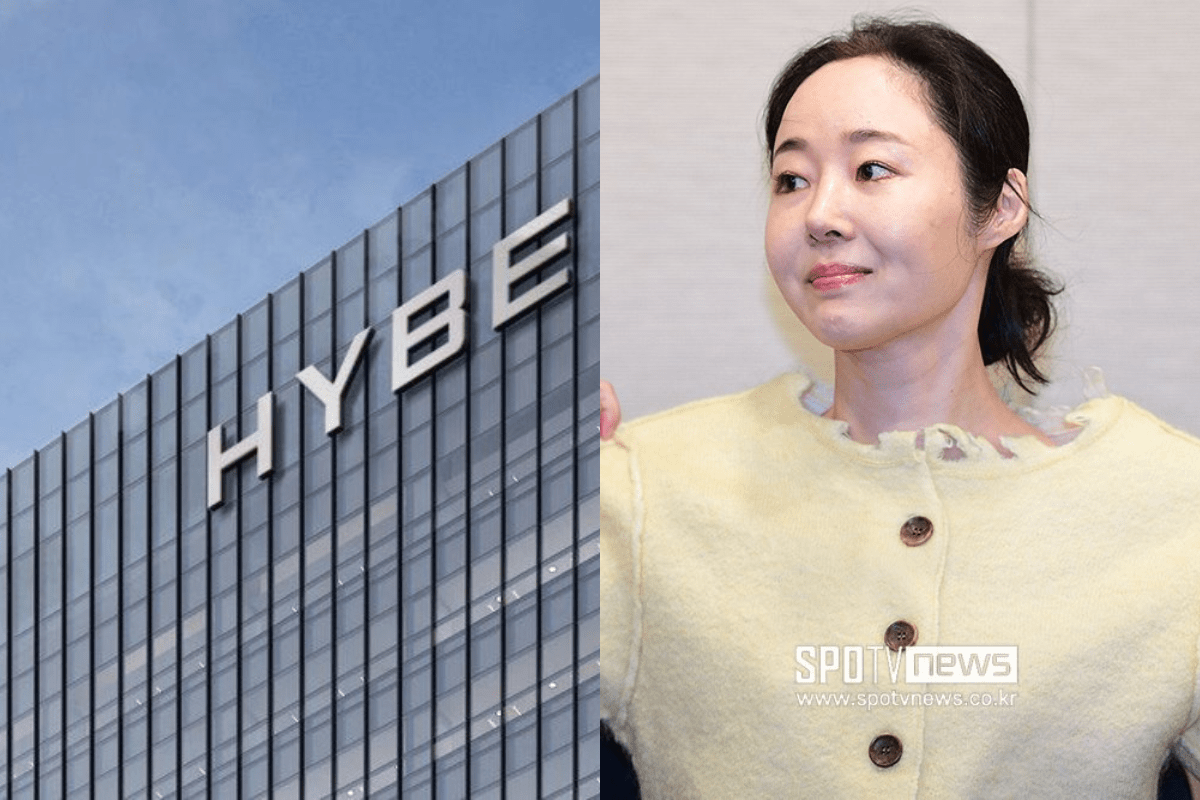The Fear of NewJeans (NJZ): K-pop’s Power Struggle Over Labor Rights and Independence

The Korean Association for the Study of Popular Music have recently voiced strong opposition to both the amendment of the Popular Culture and Arts Industry Development Act, which seeks to regulate working hours for underage entertainers, and the independence movement of NewJeans (NJZ).
On February 13, the Korea Music Content Association (KMCA) opposed the amendment to the Popular Culture and Arts Industry Development Act, stating, “We oppose the repeated push for the amendment […] without sufficient discussion with the industry, as it unfairly generalizes the entire music industry as an unjust collective based on a few extreme cases, without a clear examination of the realities of album production.” The KMCA criticized the amendment’s stricter working hour limits for underage entertainers, which set daily and weekly caps based on age. Previously discarded in the last National Assembly, the amendment has been reintroduced, sparking renewed objections.

On February 19, five industry associations – KMCA, the Korea Entertainment Management Association (KEMA), the Korea Entertainment Producers Association (KEPA), the Korea Music Content Association (KMCA), and Recording Industry Association of Korea (RIAK) – issued a joint statement urging “certain agencies and artists to stop manipulating public opinion to push their own interests” and calling for policies to eradicate “tampering” as a major source of conflict.
They cited the NewJeans (NJZ) and ADOR dispute as an example, stating, “Over the past 10 months, attempts to resolve personal or contractual disputes through media campaigns and unilateral declarations instead of internal discussions or legal procedures have become widespread. This includes former ADOR CEO Min Hee-jin’s press conferences, NewJeans member Hanni’s appearance at the National Assembly audit, and the group’s independent activities.” The associations warned that regulatory measures were being introduced due to a misconception that K-pop lacks self-regulation, pointing to the workplace bullying prevention bill for artists, which emerged after Hanni’s testimony at the National Assembly.

Although labor regulations for minors and tampering allegations may seem unrelated, they share an underlying tension. The associations clarified, “We do not oppose regulations per se. However, disputes over artist-company settlements and youth labor rights are vastly different in nature. These issues should be addressed individually within the industry through thorough discussions, consensus-building, and the establishment of self-regulatory guidelines.” Notably, the KMCA’s stance on youth labor regulations subtly overlaps with the five associations’ declaration against tampering, indicating concerns about government and National Assembly actions in response to issues raised by NewJeans (NJZ).
The Reality of K-pop’s Child Labor
Regulations on child and adolescent labor are necessary, and education rights must be guaranteed even if the child performers themselves do not request it. These protections should be legally enforced as part of the social system. Since the trainee system is fundamentally hierarchical, legal safeguards are essential to prevent exploitation.
While concerns about waiting time, flexible schedules, or industry self-management exist, arguing against regulations ultimately equates to treating child workers like adults. The darker side of the K-pop industry cannot be ignored.
The Suspicious Timing of the Tampering Statement
The joint statement on tampering is highly questionable in both its claims and timing.
Previously, industry organizations pressured Min Hee-jin to clarify her stance when NewJeans (NJZ) declared their contract termination, even discussing removing the group from music charts. Now, they have declared tampering as fact, despite lacking clear evidence.


The timing raises further suspicions, as the statement was released right before the March 7th injunction hearing, where ADOR is taking legal action against NewJeans (NJZ). Additionally, a press conference scheduled for February 27th has fueled speculation about the organizations’ true motives.
Are they truly concerned about tampering? Or are they actually afraid of NewJeans (NJZ)’s unilateral contract termination and resisting stronger labor protections for child entertainers? Critics argue that they focus only on the contract termination’s outcome without addressing why it happened, making transparency essential.
The Fear of NewJeans (NJZ)
Following the statement, NewJeans (NJZ) members’ parents posted long messages on social media. One particularly revealing passage stated:
“From their trainee years when all the members were still minors there was no organization or platform where they could report contract violations and workplace mistreatment. They had no choice but to rely solely on their agency’s moral integrity, leaving their fundamental rights in a blind spot.”

This exposes a major flaw in the K-pop industry: multiple organizations protect entertainment companies, yet there is no group representing K-pop artists. Despite being worked to exhaustion, idols lack a voice in industry decisions.
As discussions of a “5th generation of K-pop” emerge, it is time to establish an organization that advocates for K-pop artists’ rights.
And that is precisely why people are afraid of NewJeans (NJZ).


